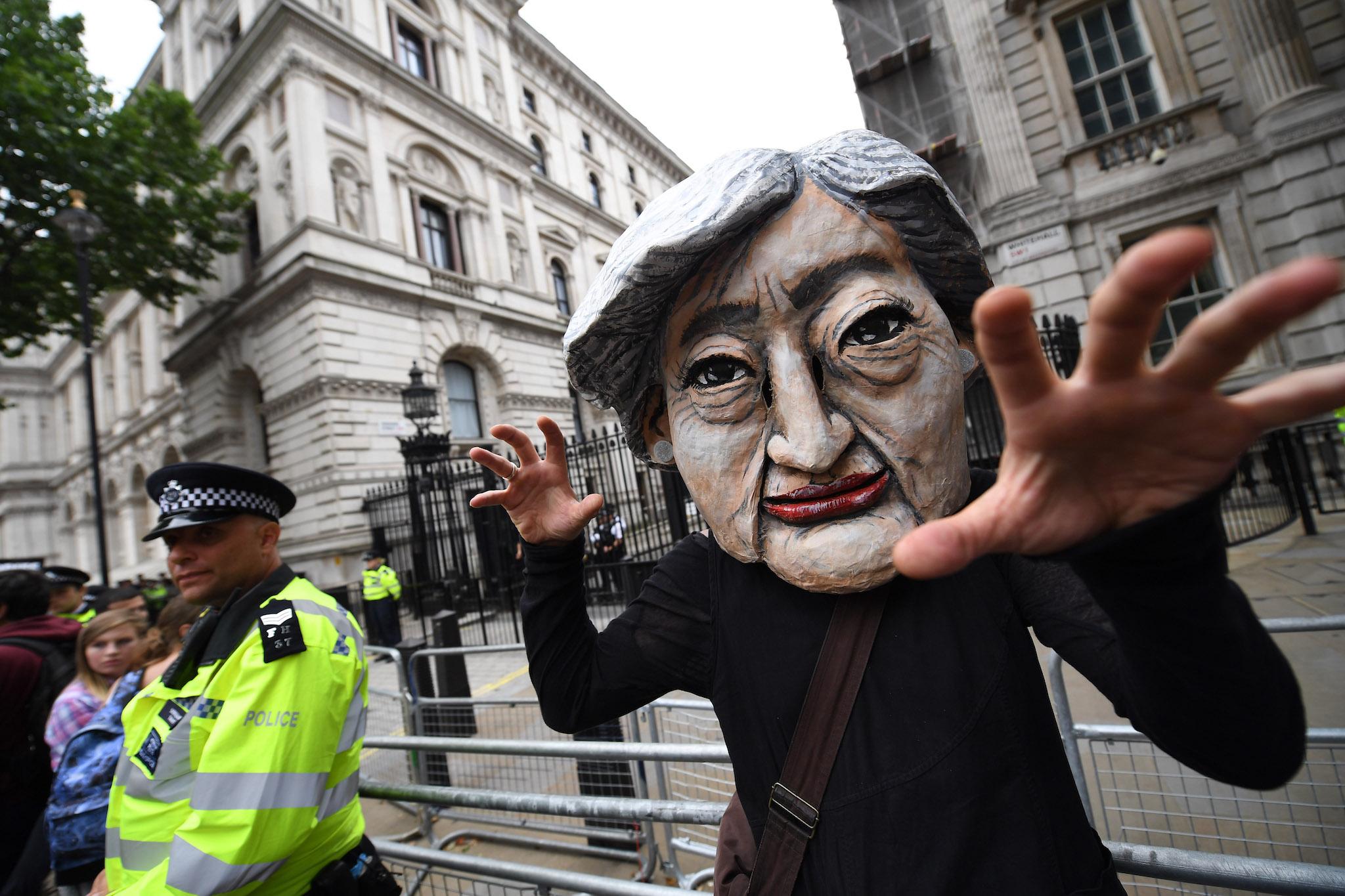Theresa May lambasted by her own terrorism watchdog for planned Google and Facebook crackdown
The prime minister is behaving like a 'Chinese dictator', independent reviewer of counterterrorism legislation says

Your support helps us to tell the story
From reproductive rights to climate change to Big Tech, The Independent is on the ground when the story is developing. Whether it's investigating the financials of Elon Musk's pro-Trump PAC or producing our latest documentary, 'The A Word', which shines a light on the American women fighting for reproductive rights, we know how important it is to parse out the facts from the messaging.
At such a critical moment in US history, we need reporters on the ground. Your donation allows us to keep sending journalists to speak to both sides of the story.
The Independent is trusted by Americans across the entire political spectrum. And unlike many other quality news outlets, we choose not to lock Americans out of our reporting and analysis with paywalls. We believe quality journalism should be available to everyone, paid for by those who can afford it.
Your support makes all the difference.Theresa May's plans for an internet crackdown are like a Chinese dictator, according to her own policy watchdog.
The government's plans to fine technology companies if they fail to remove extremist material are a challenge to democracy, according to Max Hill, QC – the new independent reviewer of counterterrorism legislation.
The fines are just one part of the Conservatives' wide-ranging plans to regulate and censor the internet, which they claim will help reduce terror. Those plans were laid out in the party's manifesto before the election, and the prime minister has committed to push forward with them despite not winning a majority in the election.
The plans – which force companies like Google or Facebook to comply with government requests or face becoming criminalised – might indeed end up driving such content underground and making it harder for people to be prosecuted.
Mr Hill told a conference: “I struggle to see how it would help if our parliament were to criminalise tech company bosses who ‘don’t do enough’," The Times reported. "How do we measure ‘enough’? What is the appropriate sanction? We do not live in China, where the internet simply goes dark for millions when government so decides. Our democratic society cannot be treated that way.”
Ms May has been asked about the accusations that the plans would make Britain like China before. She refused to rule out such regulation, but said she hoped that the companies would work with the government before the changes were necessary.
Mr Hill said the government needs to work harder to encourage co-operation, rather enforcing compliance. "“Companies who make eye-watering sums of money from our everyday chatter need to be brought firmly onside, they do not need to be forced offside." he said.
Join our commenting forum
Join thought-provoking conversations, follow other Independent readers and see their replies
Comments